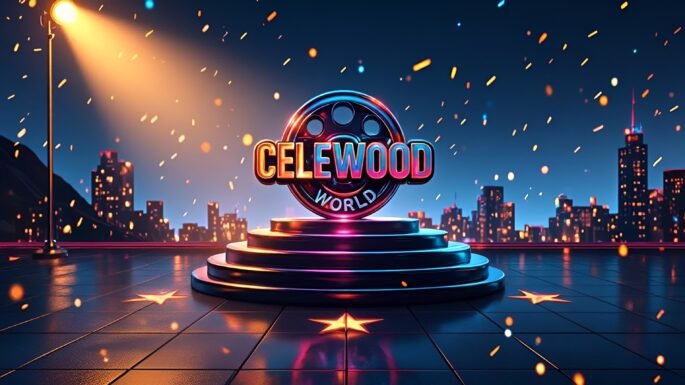Article –
The entertainment industry is currently witnessing a profound debate following the debut of Tilly Norwood, an AI-generated actress who has made a striking impression in Hollywood. This development has sparked a division among studios, actors, and audiences about the future of digital performers.
Industry Reactions to Tilly Norwood
Supporters argue that AI-generated actors like Tilly Norwood represent an innovative leap forward in filmmaking. They emphasize benefits such as:
- Unlimited availability without concerns of aging or scheduling conflicts
- Cost-effectiveness in certain types of productions
- Creative possibilities in visual effects and storytelling
Proponents also highlight how AI actors can provide more diverse representations without the constraints faced by human performers.
Concerns from Actors and Unions
Conversely, many in Hollywood, including actors’ unions, have raised ethical and professional concerns. These include:
- The potential loss of jobs for human actors in an increasingly digital market
- Questions about consent, likeness rights, and intellectual property associated with AI-generated characters
- Possible impacts on artistic integrity and the human element in performances
Audience Perspectives
Audience responses are mixed, with some viewers fascinated by the novelty and realism of Tilly Norwood, while others express discomfort with the idea of performances that lack genuine human experience and emotion.
The Future Outlook
The debut of Tilly Norwood has undoubtedly accelerated discussions about the evolving role of artificial intelligence in entertainment. Moving forward, the industry faces important decisions about regulation, ethical guidelines, and how to balance technological advancement with respect for the creative workforce.

